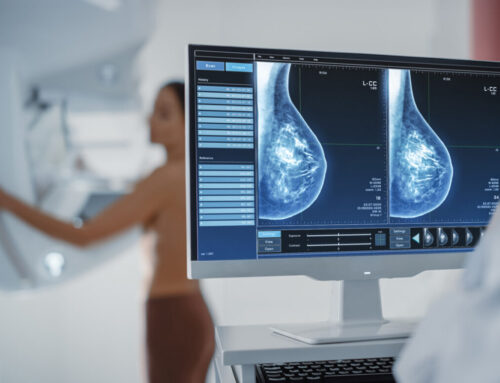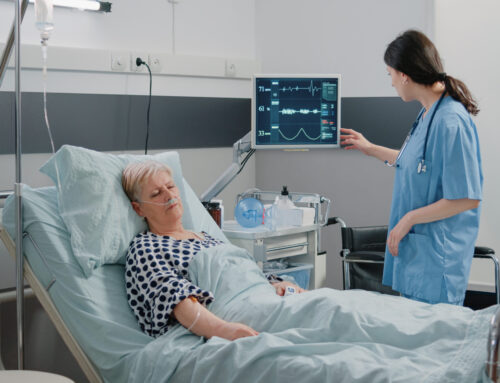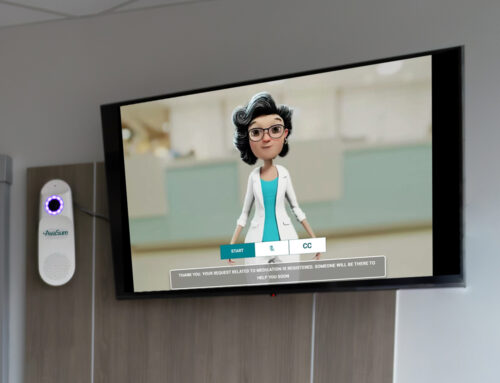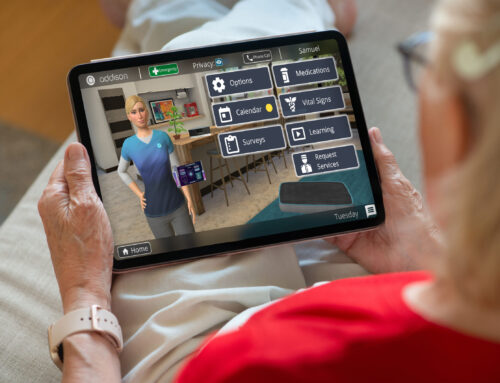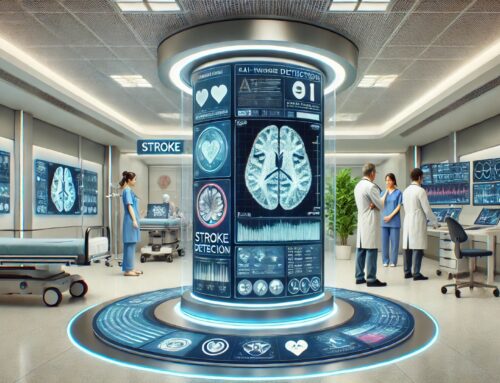Exer AI, a clinical artificial intelligence (AI) company specializing in musculoskeletal (MSK) and movement disorders, has announced a groundbreaking collaboration with the renowned Mayo Clinic. This partnership aims to revolutionize the diagnosis and treatment of hand and wrist disorders through the use of AI and computer-vision technology. Together, the two organizations plan to enhance patient care and streamline clinical workflows, making care more accessible and efficient.
Millions of people suffer from hand and wrist disorders every year, including chronic conditions like carpal tunnel syndrome and rheumatoid arthritis. These disorders can significantly affect a person’s quality of life, making early and accurate diagnosis crucial for effective treatment. Exer AI’s platform, which utilizes advanced AI to analyze patient movement and body biomarkers, is designed to address these challenges head-on.
The collaboration between Exer AI and Mayo Clinic will focus on expanding the use of Exer’s AI-powered platform to diagnose and treat dozens of acute and chronic hand and wrist conditions. The platform’s technology works without the need for wearables or invasive sensors, making it easier for healthcare providers to assess patients both in person and remotely. This is especially beneficial in the growing field of telehealth, where remote assessments are increasingly important.
How Exer AI’s Technology Works
Exer AI’s hand and wrist module is part of a broader AI platform that uses computer vision to measure and assess patient movement. By analyzing biomarkers—indicators of health or disease within the body—Exer’s technology provides clinicians with critical data that helps them diagnose conditions, predict outcomes, and make more informed treatment decisions.
Zaw Thet, CEO and co-founder of Exer AI, expressed his enthusiasm for the partnership with Mayo Clinic. “Our collaboration with Mayo Clinic is a foundational step toward improving care for millions of hand and wrist patients nationwide,” Thet said. “Our goal is to innovate on top of our proprietary AI models, producing clinical software modules that don’t rely on expensive hardware or invasive sensors. This technology is designed to empower healthcare providers, from pediatricians to emergency room doctors, to diagnose these conditions earlier and more accurately.”
By utilizing Exer AI’s platform, healthcare providers can reduce complications associated with delayed diagnoses and improve overall patient outcomes. Early diagnosis is particularly important in hand and wrist conditions because early intervention can prevent further damage and make treatment more effective.
Mayo Clinic’s Role in the Collaboration
The Mayo Clinic team leading this collaboration includes top experts in the field of hand and wrist disorders. Dr. Nicholas Pulos, a hand and microvascular surgeon, Dr. Jess Rames, a plastic and reconstructive surgeon, and Dr. Steven Moran, president of the American Society for the Surgery of the Hand (ASSH), are all part of the team working with Exer AI to develop and refine the platform.
Mayo Clinic’s involvement is crucial to ensuring the technology meets the highest standards of clinical care. Known for its world-class healthcare and commitment to innovation, Mayo Clinic brings its extensive expertise in hand and wrist disorders to this partnership, helping to refine the AI models and ensure they provide accurate and actionable data.
“Mayo Clinic is always at the forefront of healthcare innovation, and our collaboration with Exer AI aligns perfectly with our mission to improve patient care through cutting-edge technology,” said Dr. Steven Moran. “AI has the potential to transform how we diagnose and treat hand and wrist conditions, and we’re excited to be part of this effort to advance the standard of care.”
Expanding Access to Care Through Telehealth and AI
One of the key benefits of this collaboration is the potential for Exer AI’s platform to expand access to care, particularly through telehealth. As healthcare systems increasingly embrace remote care models, the ability to assess patients without in-person visits or expensive equipment is a game-changer.
For patients in underserved or rural areas, accessing specialized care for hand and wrist conditions can be challenging. With Exer AI’s platform, healthcare providers can conduct remote assessments and offer care to patients who may not otherwise have access. This technology makes it easier for clinicians to monitor patient progress both before and after in-person visits, further improving the continuity of care.
A Step Forward for AI in Healthcare
This partnership between Exer AI and Mayo Clinic highlights the growing role of AI in healthcare. By combining AI and computer-vision technology, Exer AI aims to improve the efficiency and accuracy of healthcare providers while expanding patient access to care. The ability to diagnose and treat hand and wrist disorders with greater precision will benefit millions of patients, and this collaboration represents a significant step forward in the use of AI in clinical settings.
As AI technology continues to evolve, partnerships like this one demonstrate how AI can enhance, rather than replace, human-centered care. By providing clinicians with better data and more accurate assessments, AI can help improve decision-making and ultimately lead to better patient outcomes.
For more information about Exer AI and its innovative solutions, visit Exer AI’s website. To learn more about Mayo Clinic’s ongoing work in healthcare innovation, visit Mayo Clinic’s website.


